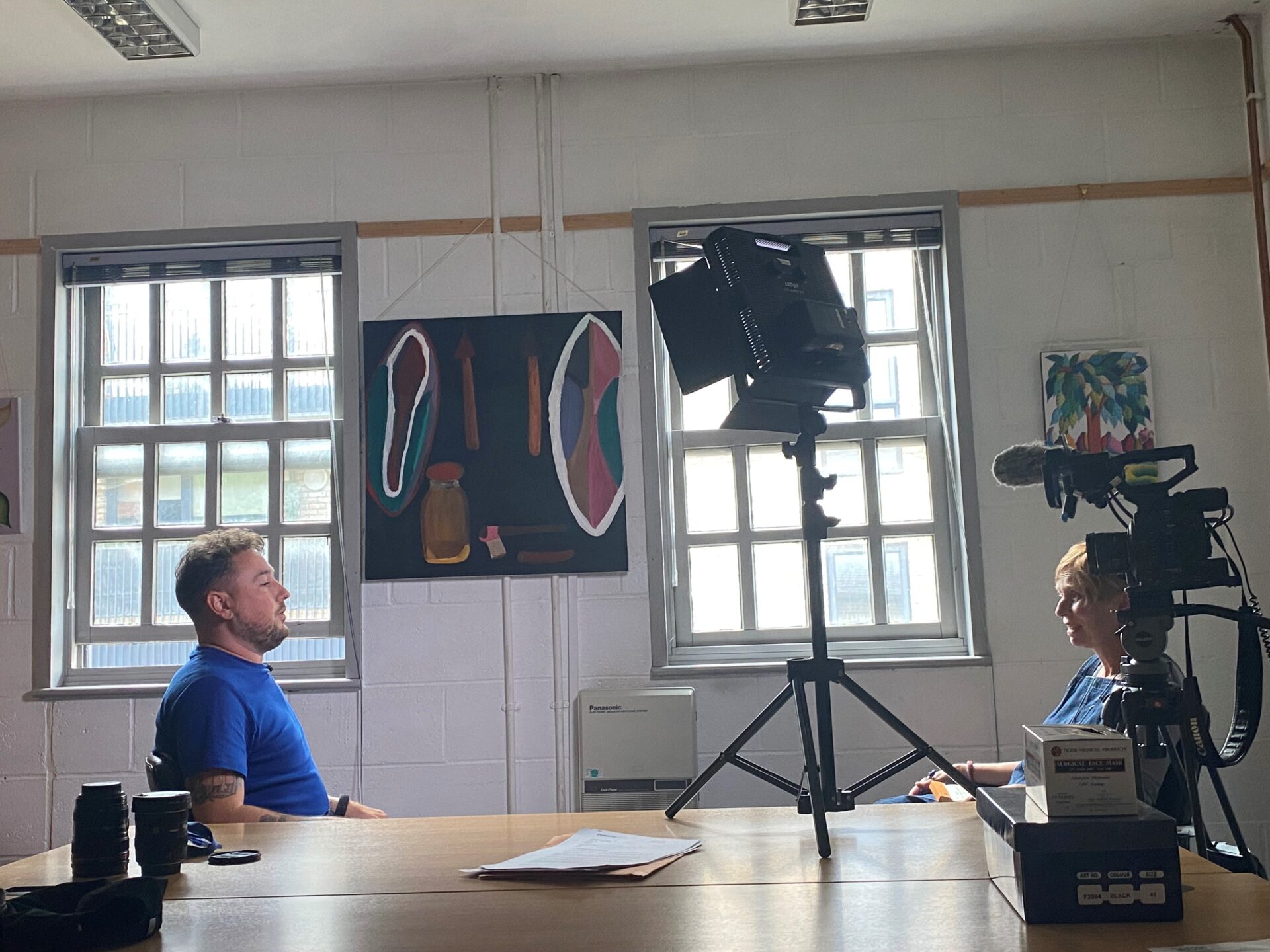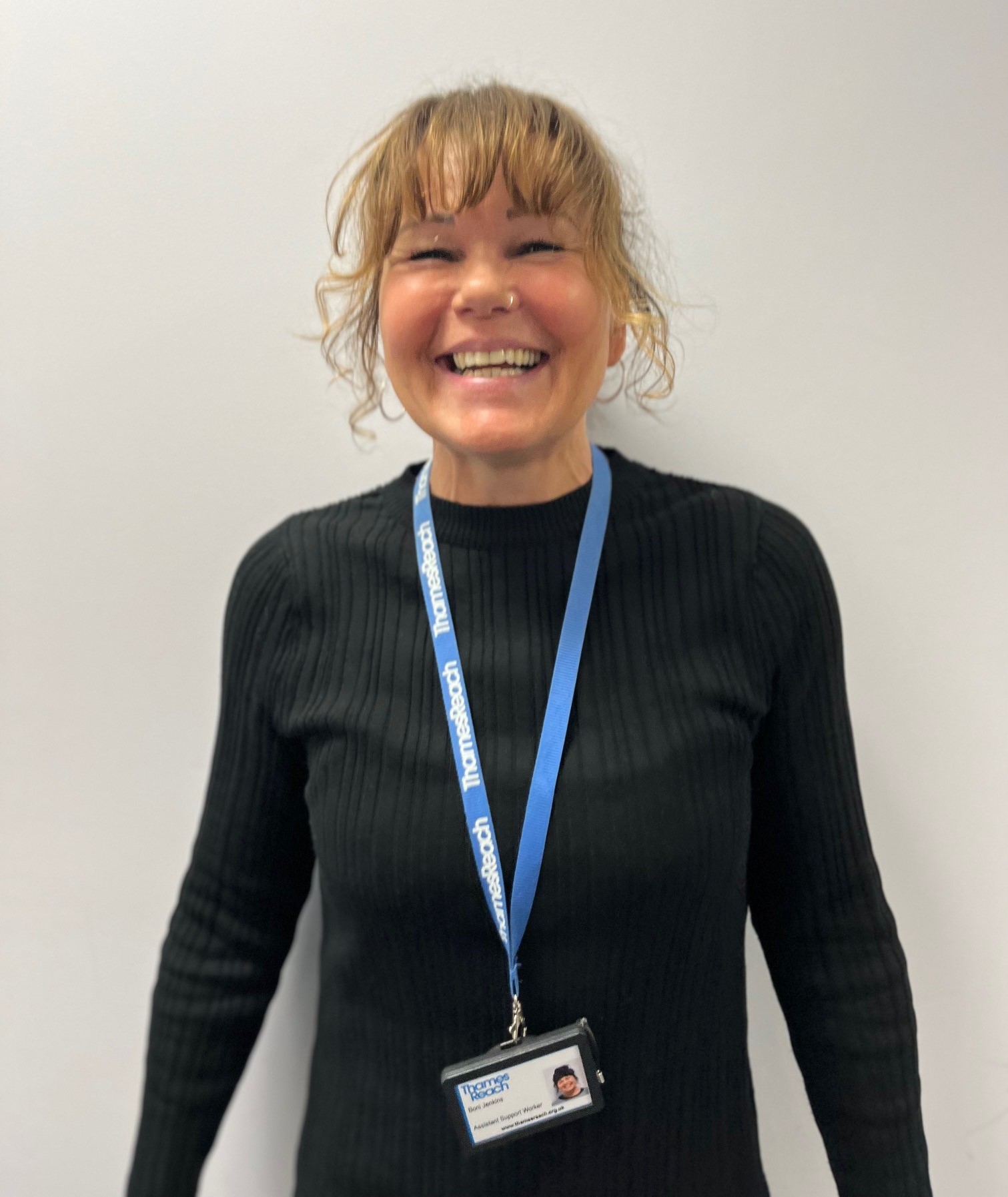London Homelessness Award sees Deptford Reach helping more people in the community
After their win at the London Homelessness Awards in 2022, Deptford Reach have been able to expand their offering to support people in the community

Back in 2022, Deptford Reach won a £10,000 prize at the London Homelessness Awards for their homelessness prevention work in the Lewisham community. Jordan is the Lead Manager of Deptford Reach, and discusses the impact the prize has had on the people they work with, as well as being a boost for the team.
How did it feel to win at the London Homelessness Awards?
It was a great moment of validation, feeling like we are really being seen. We do this work every day, so having an award that shows everyone exactly what we have been doing, and the difference it’s making in the community, is a great feeling. It helped us take a step back and look at our work as a team and recognise how important it is. The people we work with, and people who fund our work, seeing that we’ve won an award like this is another way of letting people know that we are experts in what we do, and that we really want to help people that need the support.
How was the awards ceremony?
Celebrating all the hard work that the different winners had been doing was a special moment; it was also a good experience to speak with different, similar organisations, develop new partnerships that can help us move people away from street homelessness. Even just meeting people from different organisations was positive, seeing new services and understanding how different people and teams work.
How has the prize money helped the work you’re doing?
We’re expanding our service into the community, to help people who might feel anxious or unsure about visiting a day centre, so the extra boost to our funding has allowed us to visit more spaces in the community, such as food banks, where people might be struggling and unaware of what we can offer.
People often come to us with issues with their living situation, so we are able to provide funds for small home repairs to ensure their accommodation is safe and secure. With the ongoing energy crisis, we’ve been able to lessen some of the stress and burden of prices increasing by providing energy vouchers to people who are particularly concerned about the cost of heating their homes.
Deptford Reach, and other projects across London, are encountering extra pressure due to increased demand and the cost of living crisis, which is affecting services as well as those using them. Click here to find out how you can support our work by donating or volunteering.

